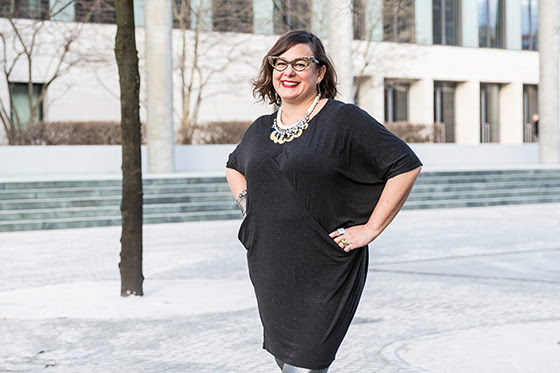Two Milestones Put Romani Cultural Discourse in the Hands of Roma Themselves
By Cayetano Fernandez
For the Roma movement in Europe, 2015 was a pivotal year. It was the year Roma intellectuals and activists moved beyond “fixes” to employment, housing, health, and access to education, and embraced a more holistic view of the Roma situation. We took a wider look at majority societies and raised the crucial question: What is wrong with European democracies that they exclude more than 12 million of their citizens at different levels? From segregating Roma students in special schools to forcibly sterilizing Roma women, how can Europe keep blaming Roma for their disadvantaged situation?
This critical approach to Roma inclusion took concrete form last year in two major milestones: the growth of a Romani studies summer session at the Central European University in Budapest, and the establishment of a European Roma Institute to honor Roma contributions to society. Both were landmark advances in letting Roma define who Roma are.
The CEU summer session is an important step towards Roma intellectual emancipation. Though the first course in Romani studies was launched in 1998, the 2015 session represented a major advancement for the program, not only because most of the faculty members—Dr. Ethel Brooks (pictured below), Dr. Nicoleta Bitu, Dr. Iulius Rostas, and Dr. Mihai Surdu—as well as students were Roma, but also because the academic work promoted a fresh approach to Romani studies.
Academia is not immune to the biases held by the rest of society. Beneath its veneer of neutrality, we often find that scholars and experts harbor familiar prejudices against Roma. Moreover, scholars researching Roma often see them as an object to be studied, rather than a collective living, breathing subject.
Yet whenever Roma scholars have raised their voices to criticize this approach, the traditional reaction from academia has been to write off those critics as activists rather than academics. But the balance of power is shifting. Now we are talking not about isolated Roma scholars, but a collective intellectual movement. The stronger this movement becomes, the harder it will be to sideline us from the debate.
The other major milestone in 2015 for Roma intellectual emancipation was the announcement that the European Roma Institute will be established. The institute represents a sea change for the role of Roma leadership in Romani arts and culture, which until now has been, paradoxically, very narrow. It is time to create our own discourse about ourselves, rather than let others do it for us, as has so often been the case.
The European Roma Institute will offer a significant space for the curation and dissemination of critical Romani studies. For a long time, many “Roma experts” have focused on the differences between Roma groups, resulting in a fragmented and incomplete picture of us. Those differences are based on our nationalities, cultural backgrounds related to the areas where we are settled, and the influences that other languages have had on our mother tongue.
But those “experts” forget that we are a single people. Yes, our culture is practiced and interpreted in different ways by different Roma groups, but it is always based on a common ground and a shared sense of belonging.
In that spirit, I believe challenging traditional Romani studies should be one of the main responsibilities of the European Roma Institute, from George Borrow and the early years of the so-called “gypsy studies” through today’s debates—the last stronghold of colonial, exotic, and paternalist approaches to Roma issues.
There is reason to hold much hope for the Roma movement in 2016 and beyond. Roma artists, academics, media producers, and activists are ready to lead the way to Roma intellectual emancipation.
Also:
 |
Why we’re setting up a European Roma Institute. |
|
|

